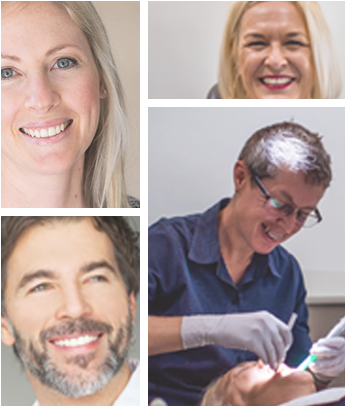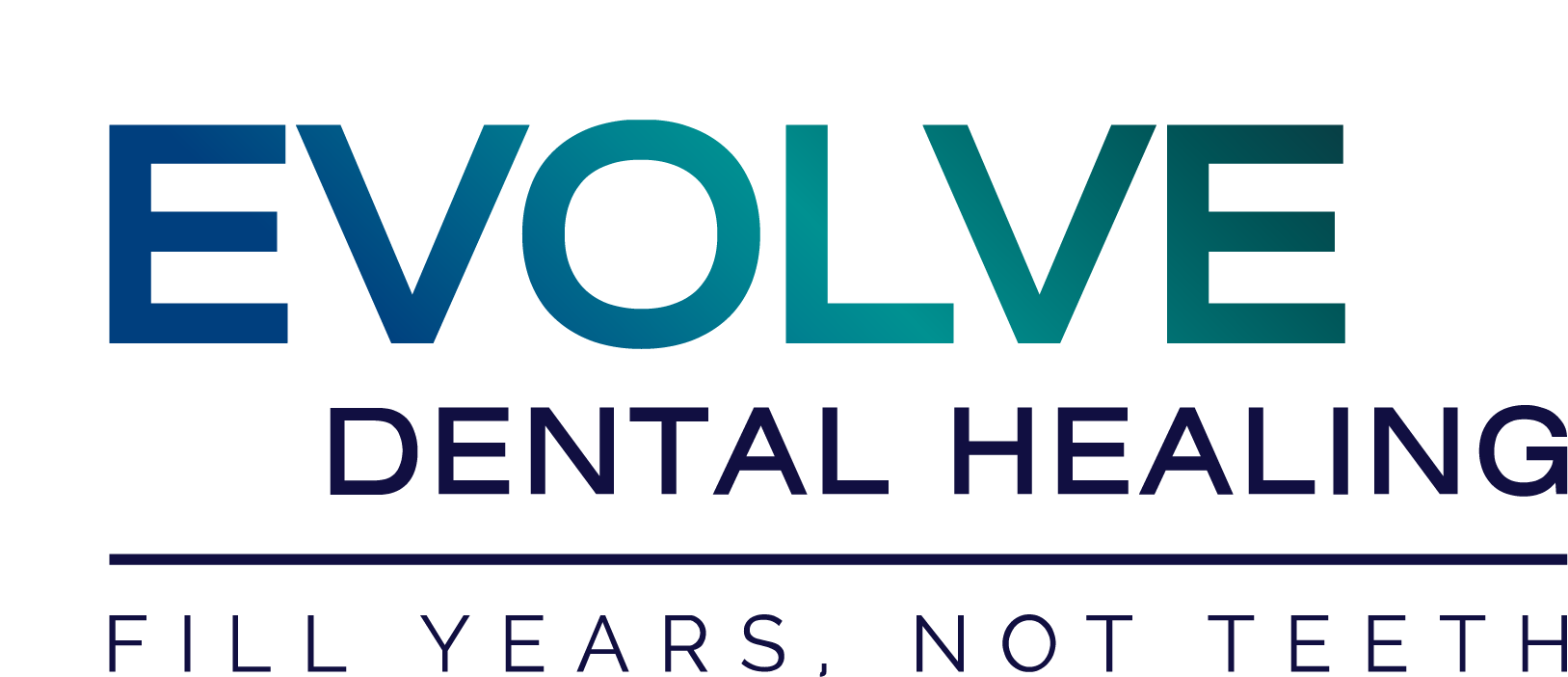15 Diseases Caused by Poor Dental Hygiene

Poor dental hygiene causes diseases beyond your mouth teeth and gums. We all know that poor dental hygiene increase your risk of tooth decay and gum disease but when it comes to the link between oral health and systemic disease and illness this fact is not so widely understood.
Brisbane holistic dentist Dr Rachel Hall discusses how poor dental hygiene causes disease.
What is oral-systemic health and how does poor dental hygiene cause disease?
Oral-Systemic health is a term to showcase the rising and increasingly important research-based links, or connections, between oral health and whole-body health. Research has shown countless health issues caused by poor oral health.
Oral-systemic health is connected to
- Cardiovascular disease
- Alzheimer’s disease
- Periodontal disease
- Diabetes
- High-risk pregnancy
- Cancer
- Obesity
- Obstructive sleep apnoea
The mouth is the gateway to the rest of the body.
Healthcare professionals continue to find evidence supporting the oral-systemic link. Symptoms of health issues such as diabetes, cancer, and cardiovascular disease can first be detected in the mouth.
High-risk bacteria beginning in the mouth enter the bloodstream and lead to catastrophic systemic conditions.
DISEASES CAUSED BY POOR DENTAL HYGIENE
1. Cardiovascular Disease
Between 80-90% of heart disease can be prevented!
Proper dental hygiene is just one way to lower risk for developing cardiovascular disease.
Periodontal (gum) disease is directly linked to artery inflammation. Bacteria from the mouth enters the bloodstream, causing arteries to harden, which in turn increases a patient’s risk for stroke or heart attack.
Poor oral health is also related to high blood pressure and dense LDL cholesterol – further increasing cardiovascular risk.
How do you prevent this build-up? Prevent gum disease by caring correctly for teeth and visiting your dentist regularly.
Likewise, it is essential for dentists and medical providers to educate patients on the increased risks poor oral health has on whole-body health.
2. Alzheimer’s Disease
Poor oral health will cause inflamed gums. When bacteria leave the mouth and travel to the brain, they can kill brain cells, leading to memory loss.
Oral bacteria from poor dental hygiene have been implicated in the development of Alzheimer’s disease and dementia.
Pathogenic oral bacteria called spirochetes have been studied as a potential cause of Alzheimer’s Disease.
The presence and frequency of spirochetes are significantly higher in Alzheimer’s patients’ brains than in controls.
Salivary diagnostic testing can detect the presence of these oral pathogens.
3. Diabetes
37.3 million Americans have diabetes, many unaware and undiagnosed.
In Australia the current rate is 6% of the population have type II diabetes with many more having high end blood sugars or pre-diabetes.
Diabetes increases risk for infection, including infection of the gums! Periodontal disease makes it more difficult for the body to control blood sugar levels and can increase complications from diabetes or increase risk for developing diabetes.
95% of adults with diabetes ALSO have Periodontal disease.
4. High-risk pregnancy
According to a study done by BMC Pregnancy and Childbirth women who had periodontal disease were 6x more likely to give birth prematurely than women with no periodontal disease.
Bacteria Fusobacterium Nucleatum, present in the oral cavity, has been found in amniotic fluid, placenta, and chorioamnionic membranes of preterm birth patients.
5. Obstructive sleep apnoea
One of the first signs of obstructive sleep apnoea is teeth grinding; a sign dentists and hygienists should look for in all patients.
Grinding teeth can cause cavities or inflamed gums, increasing susceptibility to infection.
Sleep apnoea is linked to high blood pressure, heart disease, and headaches. Collaborating with a medical and dental team can help.
Other factors a dental medical team might look at when treating or diagnosing OSA are dry mouth, teeth grinding, and TMJ issues.
6. Respiratory issues
Poor dental hygiene and its connections to a higher clinical risk for respiratory issues is not a new idea.
Bacteria in the mouth can be inhaled into the lungs or travel through the bloodstream.
Once in the lungs, bacteria can lead to respiratory infections, bronchitis, pneumonia, COPD, and lung disease.
Working with your dentist and medical provider, especially if you have pre-existing respiratory problems, can help reduce the progression of infection from mouth to lungs.
7. Cancer
There is a strong correlation between periodontal disease and cancer.
Pancreatic cancer, lung cancer, and blood cancer are just a few cancers people with poor oral health have been studied to show higher risks for.
Additionally, smoking and chewing tobacco, as well as alcohol consumption increase your risk for oral cancer.
Early detection is critical to surviving oral cancer and this is why regular dental visits for checkups are a must.
8. Rheumatoid arthritis
John Hopkins studied the link between poor oral health and rheumatoid arthritis. Results showed a correlation between the bacteria Aggregatibacter Actinomycetemcomitans and periodontal disease.
The inflammatory response of joints in patients with rheumatoid arthritis is similar to the inflammatory response in a patient’s mouth with periodontal disease.
Rheumatoid arthritis is an inflammatory condition.
As we know, poor oral health can cause periodontal disease, causing inflammation in the mouth that will eventually make its way to the rest of the body.
9. Osteoporosis
Later stages of periodontal disease cause a loss of bone tissue from inflammation and infection.
Clinical studies uncover links that periodontal disease affects bones throughout the body, not just the jawbone and teeth.
Research shows oestrogen deficiency, low mineral bone density, and low vitamin D levels in both osteoporosis and periodontal disease.
Salivary testing, dental checkups, and proper oral hygiene in collaboration with appropriate diet and supplementation can lower your risk of periodontal disease and bone loss.
10. Kidney disease
Poor oral health leads to inflammation and infection that will travel through the bloodstream, making it more difficult for the body to fight off infections.
Kidney disease can lead to cardiovascular disease, another consequence of poor oral health.
11. Prostate / Erectile Dysfunction
Can poor oral health affect your sex life? The answer is yes.
Periodontal disease opens pockets for infection in the mouth. Bacteria and infection in the bloodstream can cause inflamed blood vessels, blocking blood flow to the genitals.
One study showed that men with periodontal disease were three times more likely to experience erectile dysfunction than men with a healthy oral cavity.
12. Periodontal disease
Your risk for any condition on this list will be heightened at the first sign of periodontal disease.
About half of all adults have some form of Periodontal disease, which continues to increase each year.
Periodontal Disease decreases your ability to fight infection and inflammation while increasing your risk of severe systemic health consequences.
Few people understand the risk factors for developing periodontal diseases and the consequences periodontal disease has on systemic health.
The word “periodontal” means “around the tooth.” Periodontal disease, also known as gum disease, results from infections and information in the mouth.
When the mouth and teeth are not adequately cared for, bacteria infects the tissue, creating inflammation in the mouth which destroys the gums and supporting bone, leading to tooth loss and systemic health risks.
13. Obesity
Obesity and oral health both share common risk factors. Diet plays a significant role in oral health.
Without a proper diet, oral health is at risk, and therefore, overall health is at stake.
While the causes of obesity can range from genetics to cultural factors, maintaining a healthy weight is essential in optimising oral health.
14. COVID-19
It’s well known that systemic inflammation is linked to periodontal disease and respiratory diseases.
COVID-19 is known to trigger an inflammatory response.
In a Journal of Clinical Periodontology study, patients with periodontitis (the most severe stage of periodontal disease) were three times more likely to experience severe COVID complications.
15. Infertility
Poor oral health can affect fertility.
It can take longer for a woman with poor oral health to conceive than a woman with good oral health.
This doesn’t end with women. Studies have shown that men with poor oral health can have lower sperm count and reduced sperm motility.
PREVENTING DISEASES CAUSED BY POOR DENTAL HYGIENE
Continuing research highlights the increasing importance of prioritising oral health connections with oral-systemic health.
How can you be sure if you have periodontal disease?
Oral testing can show risk factors and inflammatory markers for developing periodontal disease.
Proper dental hygeine, professional teeth ‘cleaning’ and regular dental checkups can lower your risk.
Make an appointment with an oral-systemic holistic dentist and ensure you know exactly what is happening in your mouth, get it appropriatley treated and move to prevent health issues that could have been avoided.
Call us today 07 3720 1811 and book your comprehensive dental examination.
-
Dr. Rachel Hall
Rachel is the founder and principal dentist at Evolve Dental Healing with over 30 years experience, practising holistically since 2001. Not your typical dentist, Rachel is a passionate opinion leader, challenging convention to empower people to make better dental and health choices, helping thousands to have healthy natural smiles. A respected writer and presenter on holistic dentistry, health and wellness it is Rachel’s mission to revolutionise the way people look at their dental health.
Talk to us for more details and information
CONTACT US
67 Kenmore Road
Kenmore Queensland 4069
Phone: 07 3720 1811
Fax: 07 3720 1899
Email: info@evolvedental.com.au
OPENING HOURS
Monday – Friday: 7:30am – 5:30pm
References and Citations Mercury & Amalgam Fillings




